The spices most used in Turkish cuisine
Turkish cuisine is very spicy, and even if most of them are not cultivated in Turkey, there is a real market dedicated to them. Turkish people value a lot the quality of the products used in their dishes. When people come to Istanbul for the first time, they could easily think that locals buy the spices they use in the Spice Bazaar (called Mısır çarşısı or Egyptian Bazaar in English). Actually, very few of the spices sold in the Grand Bazaar (saffron, cardamom, aniseed, and other exotic spices) are used in modern Turkish cuisine. They were used by the Sultan’s Ottoman chefs that were only using the best ones: black pepper from South-Eastern Asia, musk from Siberia and Himalaya, saffron from the Middle-East, etc.
THE SIGNATURE SPICES OF TURKISH CUISINE
Nowadays, if you want to find the best products, you should better pay attention to the ones that are used by Turkish chefs: the local products. Here is a short overview of the best Turkish spices:
– Red pepper flakes (“pul biber” in Turkish):
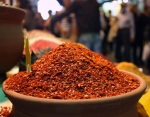 You will find some at every restaurant table. Their color goes from dark red to orange, and they are very spicy, even if they are less spicy than the ones used in South-American or Asian cuisine. Some of the pepper flakes are only bringing flavor, they are adjusted to each one’s taste. It is a very good product to bring back from Turkey because it brings texture and taste to your dishes.
You will find some at every restaurant table. Their color goes from dark red to orange, and they are very spicy, even if they are less spicy than the ones used in South-American or Asian cuisine. Some of the pepper flakes are only bringing flavor, they are adjusted to each one’s taste. It is a very good product to bring back from Turkey because it brings texture and taste to your dishes.
– Dried oregano (“kekik” in Turkish):
It is one of the most used seasonings in Turkish cuisine. It brings freshness and acidity to soups and salads.
– Cumin (“kimyon” in Turkish):
Cumin is generously used in the koftes (meatballs), it gives a spicy and buttery taste to the meat. It is also widely used in vegetable dishes and in the hummus in South-Eastern Turkey.
– Sumac (“sumak” in Turkish):
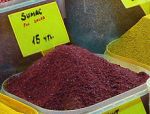 Sumac looks like pepper powder but it is, incumin reality, a purple dried powdered wild berry. Like most of the berries, it gives a sweet and sour taste to food. You can find sumac on the onions served in the kebab restaurants and in many pepper or tomato-based dishes.
Sumac looks like pepper powder but it is, incumin reality, a purple dried powdered wild berry. Like most of the berries, it gives a sweet and sour taste to food. You can find sumac on the onions served in the kebab restaurants and in many pepper or tomato-based dishes.
– Urfa pepper (“isot” in Turkish):
Most of the Turkish spices come from South-Eastern Turkey, such as peppers from Adana, Maras, and Antep. The Urfa pepper is dried under the sun, and it is also fermented, which gives it a darker color and a chocolate and grapefruit smell. It does not have red pepper’s intensity, but it can be used to give taste to salads, soups, or koftes.
– Black cumin seeds or nigella (“çorek otu” in Turkish) :
 Black cumin has a spicy and peppery taste. Known for its antioxidant qualities, it helps strengthen the immune system when it is consumed regularly and in small quantities. In Turkish cuisine, it is usually sprinkled over traditional bread, or to go with some Turkish cheese. It gives a nice lemon and spicy taste. Nigella oil is very appreciated in ayurvedic medicine because it helps to cure some allergies.
Black cumin has a spicy and peppery taste. Known for its antioxidant qualities, it helps strengthen the immune system when it is consumed regularly and in small quantities. In Turkish cuisine, it is usually sprinkled over traditional bread, or to go with some Turkish cheese. It gives a nice lemon and spicy taste. Nigella oil is very appreciated in ayurvedic medicine because it helps to cure some allergies.
OUR TIPS FOR BUYING YOUR SPICES
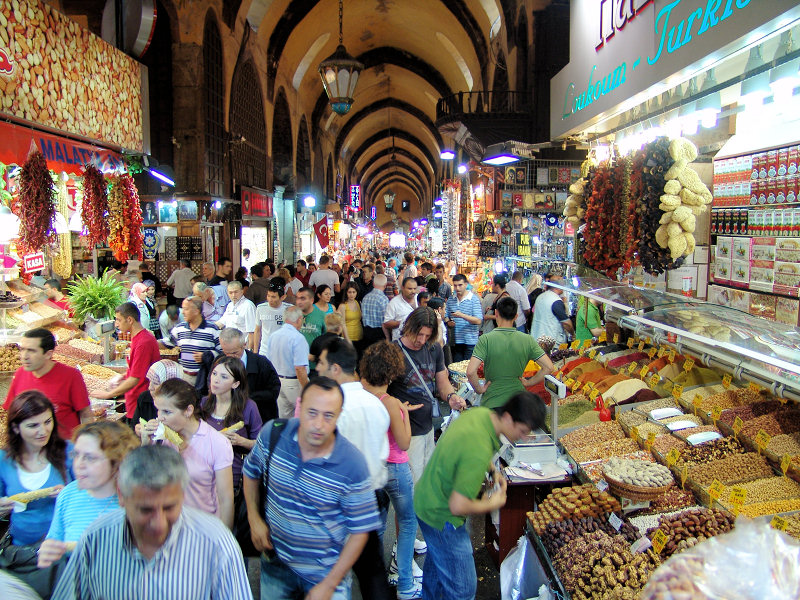
The Egyptian Bazaar in Istanbul.
You can buy spices in Istanbul in the Egyptian Bazaar, but it can be a bit tiring because the sellers usually arrest clients and visitors.
Here are some tips before going for the route of spices:
- – Tasting before buying: by tasting the products, you can learn more about their quality, and also look more expert in front of unscrupulous sellers.
- – Paying with Turkish Lira: you will pay the real cost of the product because changing rates are often less high than the normal rate.
- – Do not hesitate to negotiate: it is part of the deal, always put a price which is lower than the one you really want to pay. Nonetheless, try to show good sense: do not negotiate for hours if you are just willing to buy a box of Turkish delights.
- – Try to find shops where Turkish people are buying their food: Turkish people who buy spices at the Egyptian Bazaar are often experts or sophisticated palates. A “normal” Turk buys spices in the supermarket.
Of course, the Egyptian Bazaar is not the only place where you can find good spices in Istanbul. Many shops specialized in spices and other local products exist everywhere in the city, but it is mostly in local markets that you will find excellent products.
- Turkish cuisine
- Culinary and cultural walk on two continents
- Shopping part 2 – The Grand Bazaar
- The best kebab restaurants in Istanbul
- Other specialties
- Home page



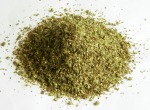
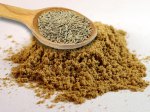
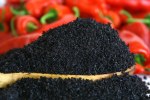
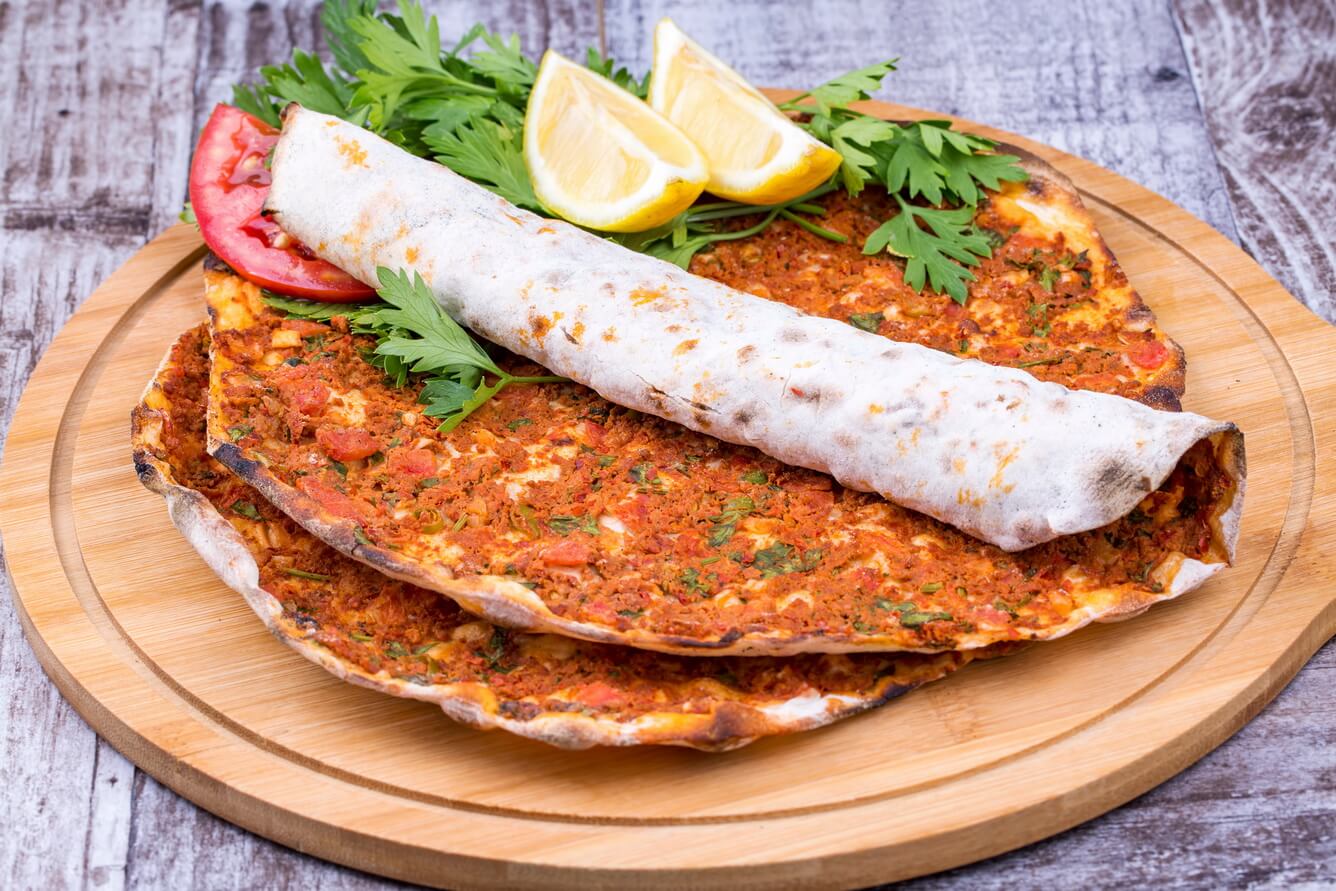

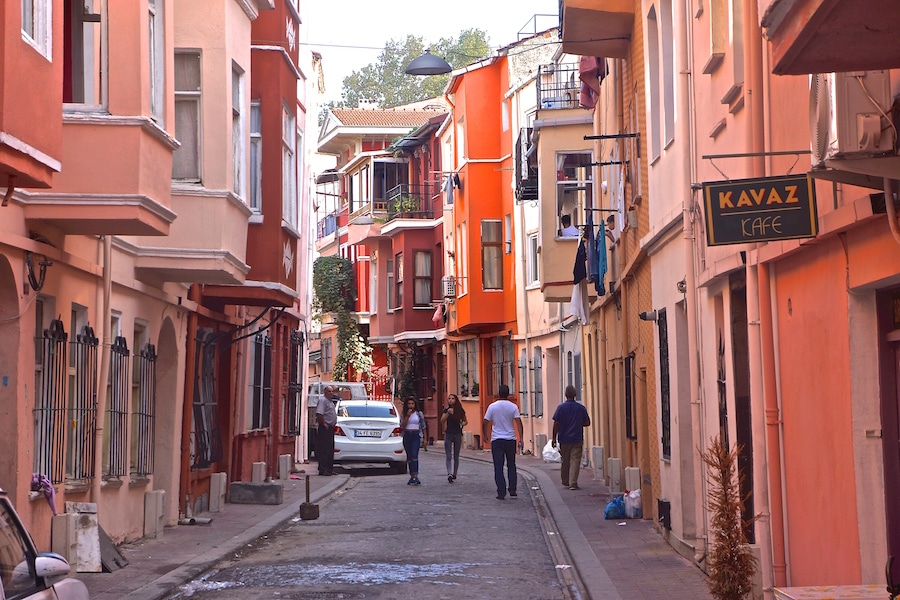


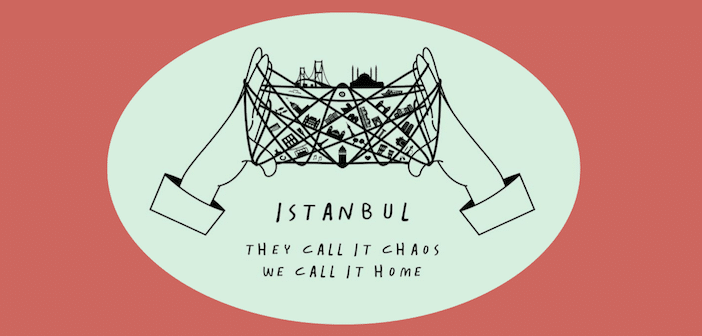
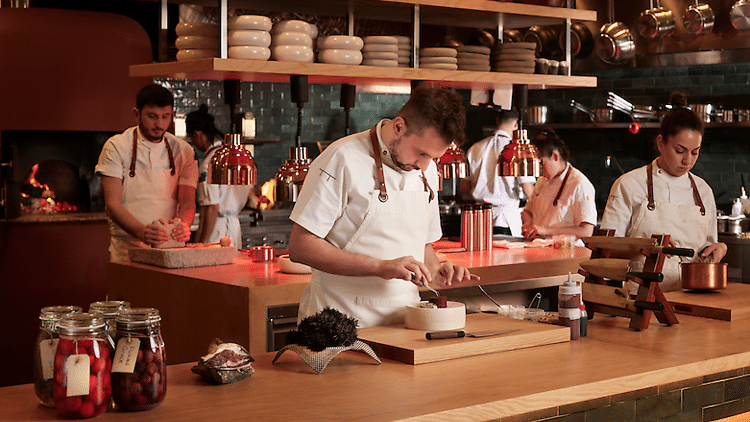
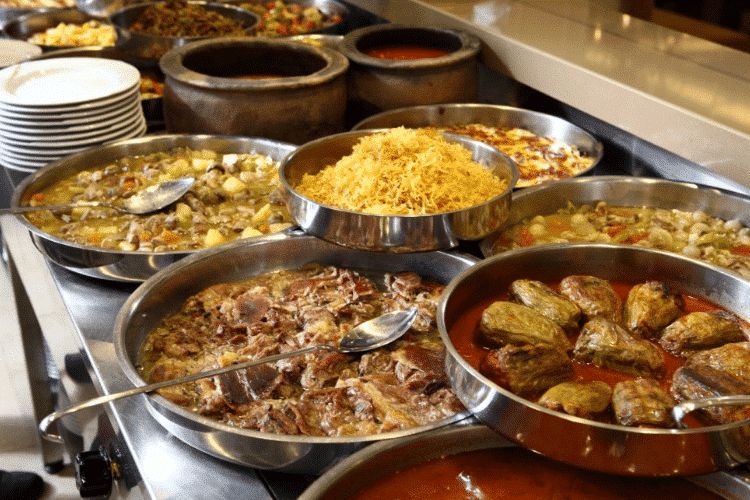
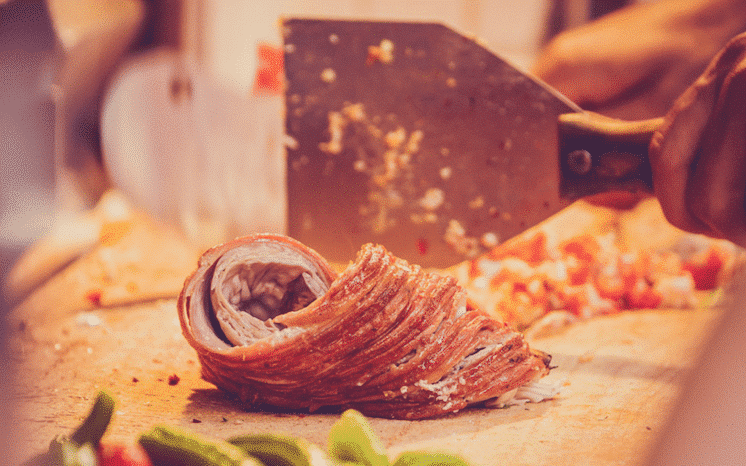
0 Comments